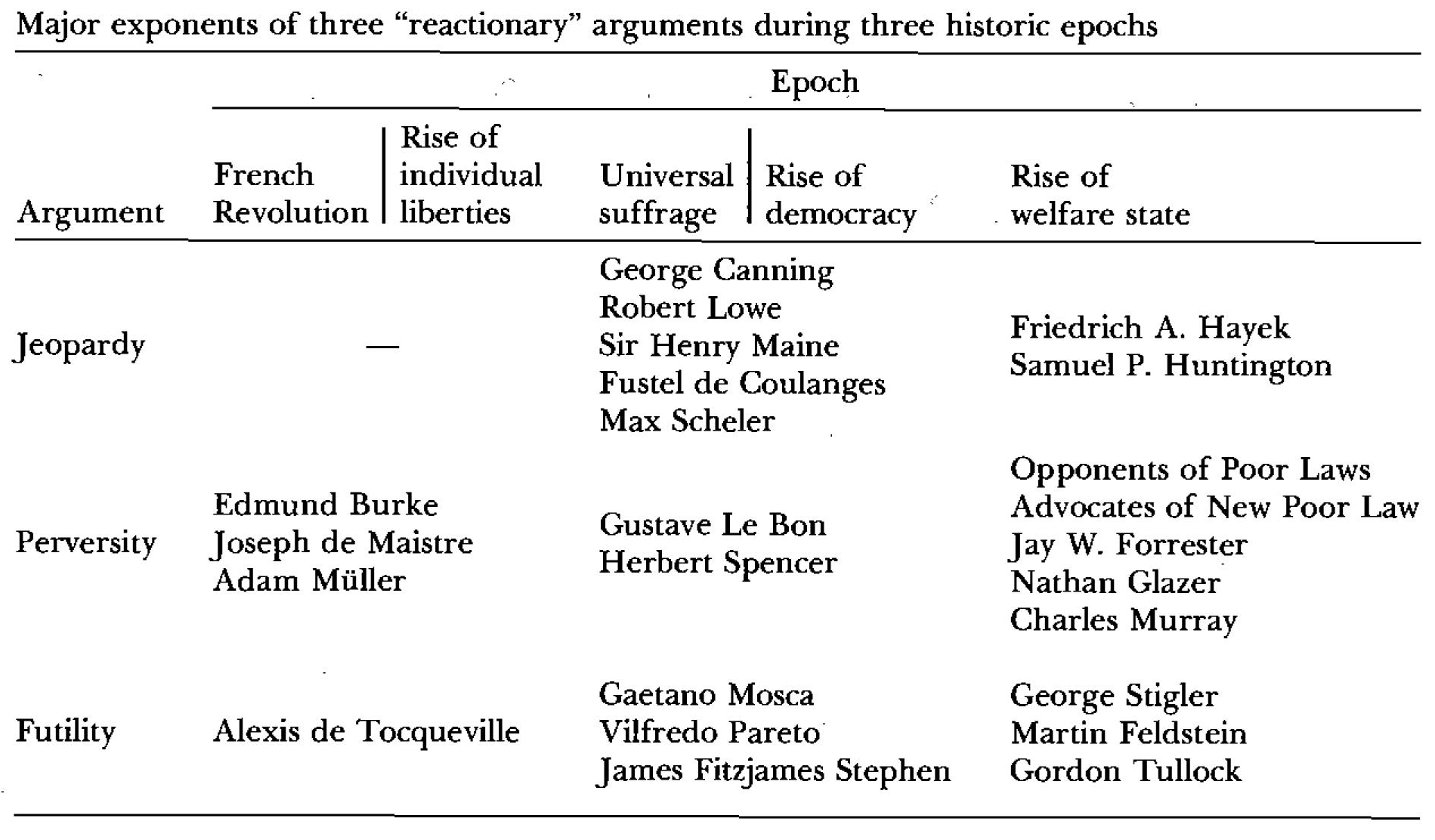A couple of weeks ago, I started watching loggerhead shrikes instead of Eurasian wigeons. Needless to say, I was impressed with the qualities of the shrike. Even when a live one was not on hand, I wanted to keep looking at pictures of my shrikes and experiencing the marvelous clarity of its black face mask, the silky action of its hooked bill, the shocking speed of its responses, the beguiling elegance of its wings.
I was, in short, infatuated with my new shrike. I’d been similarly infatuated with my old Eurasian wigeon, of course; but over the years the bloom had faded from our relationship.
Let me toss out the idea that, as birds discover and respond to what consumers most want, birds have become extremely adept at creating products that correspond to our fantasy ideal of an erotic relationship, in which the beloved object asks for nothing and gives everything, instantly, and makes us feel all powerful, and doesn’t throw terrible scenes when it’s replaced by an even sexier object and is consigned to a drawer.
To speak more generally, the ultimate goal of birdwatching, the ontology of ornithos, is to replace a natural world that’s indifferent to our wishes — a world of hurricanes and hardships and breakable hearts, a world of resistance — with a bird so responsive to our wishes as to be, effectively, a mere extension of the self.
Let me suggest, finally, that the world of birdwatching is therefore troubled by real love, and that it has no choice but to trouble love in turn.
Its first line of defense is to commodify its enemy. You can all supply your own favorite, most nauseating examples of the commodification of love. Mine include camping, birdwatching, biking, and the particularly grotesque equation of nightingales with everlasting devotion. The message, in each case, is that if you love somebody you should watch birds with them.
And, since birds are really just an extension of ourselves, we don’t have to have contempt for their manipulability in the way we might with actual people. It’s all one big endless loop. We like the mirror and the mirror likes us. To watch a bird is merely to include the bird in our private hall of flattering mirrors.
I may be overstating the case, a little bit. Very probably, you’re sick to death of hearing birdwatching disrespected by cranky 51-year-olds. My aim here is mainly to set up a contrast between the narcissistic tendencies of birdwatching and the problem of actual love.
There is no such thing as a person whose real self you like every particle of. But there is such a thing as a person whose real self you love every particle of. And this is why love is such an existential threat to the ornitho-consumerist order: it exposes the lie.
And yet pain hurts but it doesn’t kill. When you consider the alternative — an anesthetized dream of self-sufficiency, abetted by birdwatching — pain emerges as the natural product and natural indicator of being alive in a resistant world. To go through a life painlessly is to have not lived. Even just to say to yourself, “Oh, I’ll get to that love and pain stuff later, maybe in my 30s” is to consign yourself to 10 years of merely taking up space on the planet and watching birds. Of being (and I mean this in the most damning sense of the word) a birdwatcher.
But then a funny thing happened to me. It’s a long story, but basically I fell in love with computers. I did this not without significant resistance, because it’s very uncool to be a computer geek, because anything that betrays real passion is by definition uncool. But little by little, in spite of myself, I developed this passion, and although one-half of a passion is obsession, the other half is love.
And so, yes, I kept a meticulous list of the programming languages I’d seen, and, yes, I went to inordinate lengths to learn new ones. But, no less important, whenever I looked at a piece of code, any code, even a Perl script or a stylesheet, I could feel my heart overflow with love. And love, as I’ve been trying to say today, is where our troubles begin.
How does this happen? I think, for one thing, that my love of programming became a portal to an important, less self-centered part of myself that I’d never even known existed. Instead of continuing to drift forward through my life as a global citizen, liking and disliking and withholding my commitment for some later date, I was forced to confront a self that I had to either straight-up accept or flat-out reject.
Because now, not merely liking technology but loving a specific and vital part of it, I had no choice but to start worrying about the future again. The news on that front was no better than when I’d decided to quit worrying about it — was considerably worse, in fact — but now those threatened forests and wetlands and oceans weren’t just pretty scenes for me to enjoy. They were the home of things I loved.
But when you go out and put yourself in real relation to real people, or even just real computers, there’s a very real danger that you might love some of them.
And who knows what might happen to you then?
